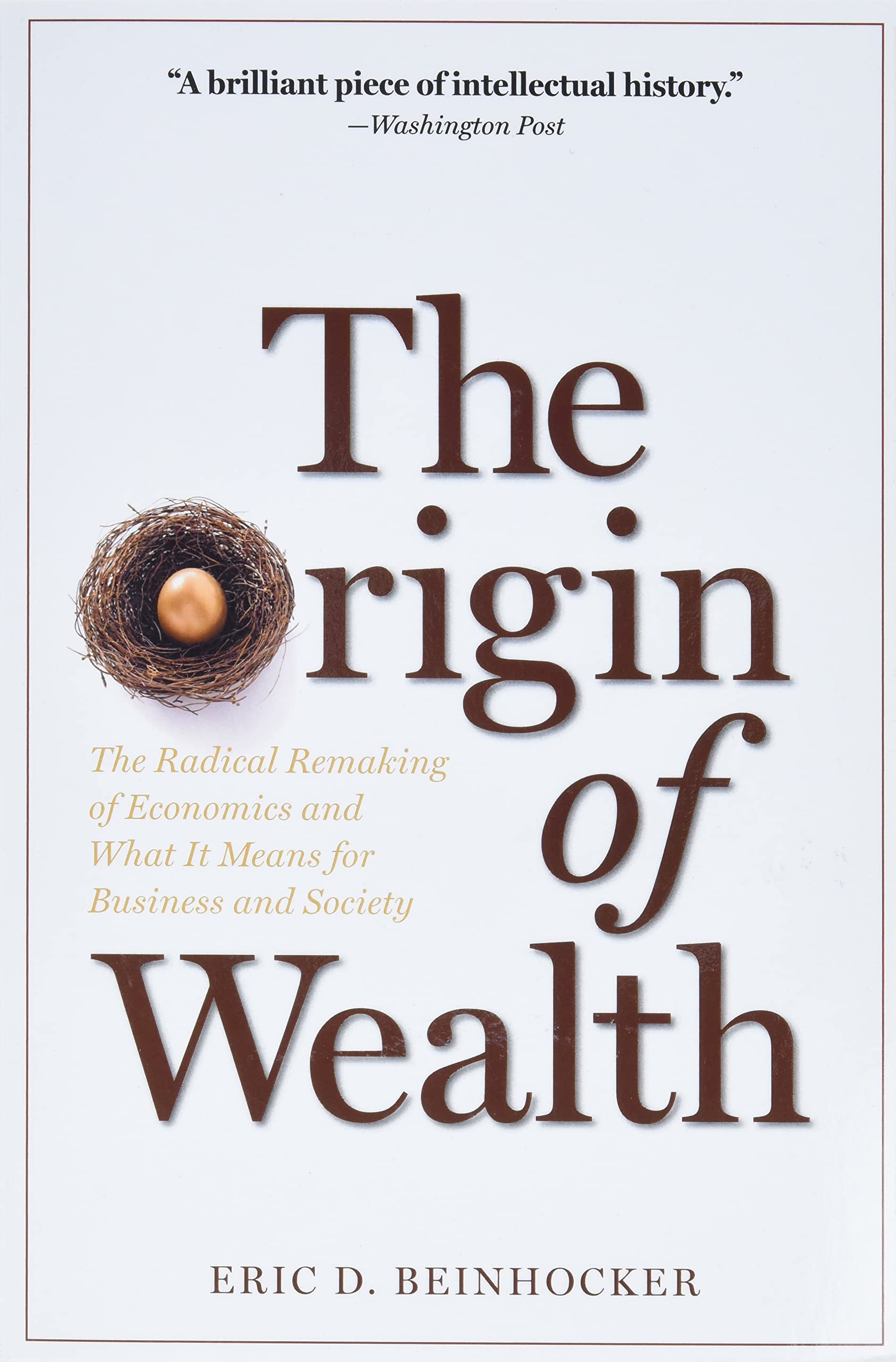Found in 3 comments on Hacker News
drallison · 2011-10-21
· Original
thread
Economics could (and should) be much more of an engineering science than it is. The math and theories are rather beautiful, but do not have much to do with the real non-linear chaotic world in which we live. For some reason, no one expects that economic theory be predictive in the same sense that we expect of theories in the physical sciences.
It seems to me that a bit of data and a little bit of modeling would have greatly improved the opinion piece this document describes.
As for Economics, it is really time to rethink the field. I rather liked Eric D. Beinhocker's book, The Origin of Wealth (http://www.amazon.com/Origin-Wealth-Evolution-Complexity-Eco...). See also his Wikipedia bio: http://en.wikipedia.org/wiki/Eric_Beinhocker.
gentrysherrill · 2010-11-29
· Original
thread
I think the green line is average fitness of all iterations and the black line is a logarithmic index of each generation's maximum fitness to the optimal achieved (both relative to time). So the black line pretty quickly gets bounded by an asymptote at the top of the screen, because the improvements in fitness are far more significant early on. Basically an example of diminishing returns...
There is a great discussion of this (and a further mapping of fitness functions and evolutionary algorithms to a 2-dimensional "fitness landscape") in The Origin of Wealth by Eric Beinhocker - http://www.amazon.com/Origin-Wealth-Evolution-Complexity-Eco...
Absolutely phenomenal exploration of complexity economics.


Evolution, Complexity, and the Radical Remaking of Economics http://www.amazon.com/Origin-Wealth-Evolution-Complexity-Eco...
don't let the false prophets of equilibrium theory and efficient market theory bend your ear too far ;)
if you get into looking for a job, there are a few books that list common questions for quant jobs also...